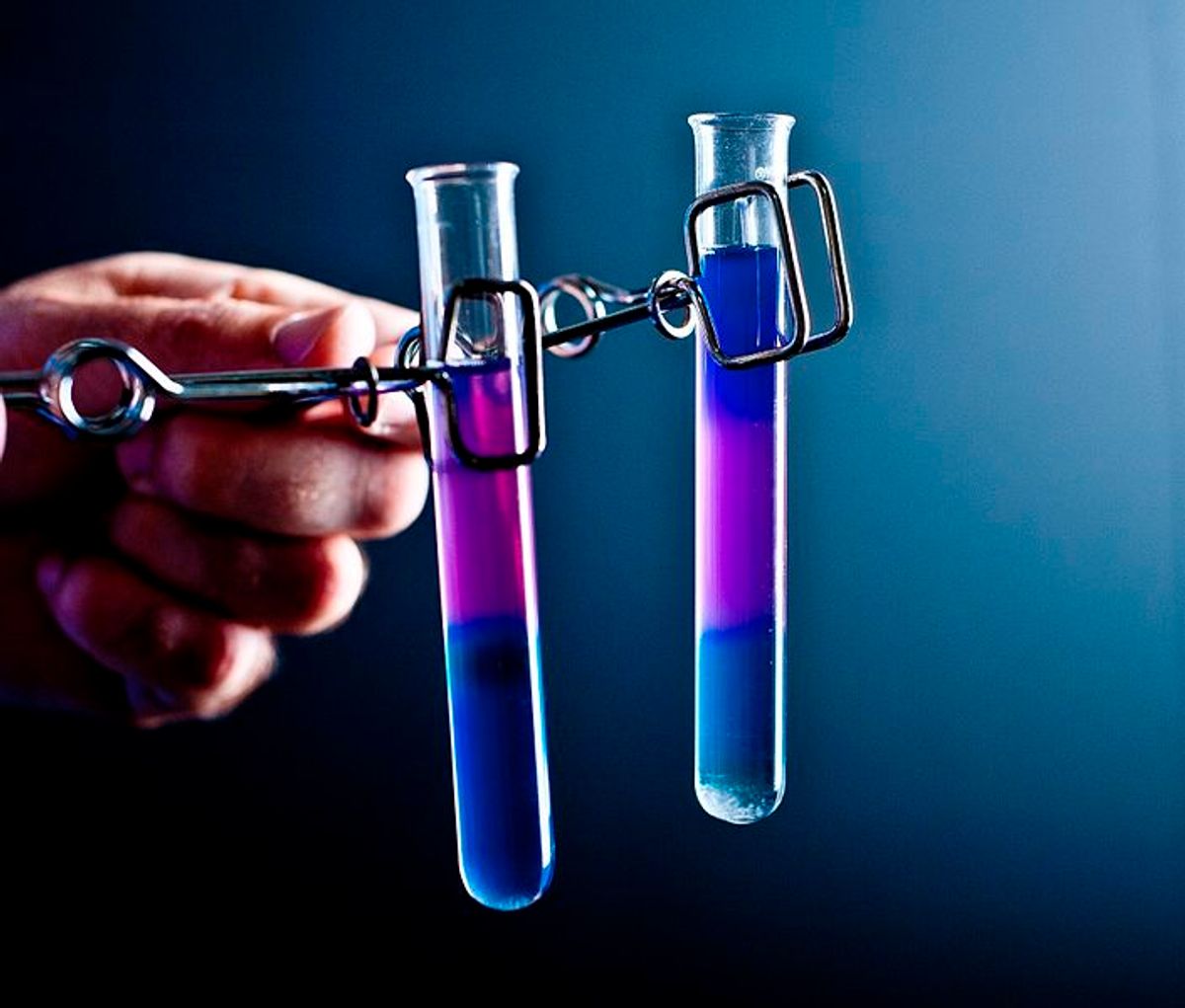Yesterday a miraculous scientific advancement was announced: The long-term success of lab-made regenerative human tissue! Between June 2005 and October 2008, laboratory generated vaginas were implanted in four teenage girls born with a rare genetic disease. The results of the procedures were published yesterday in the science journal the Lancet, and it was announced that up to eight years later, the women are doing quite well. The patients can now have painless sex and even orgasm!
The women were all born with the genetic disease Mayer-Rokitansky-Kuster-Hauser syndrome, which affects one in 4,500 girls. The syndrome causes women to be born with either an underdeveloped or absent vagina and uterus. The lab-grown vaginal organ was implanted in women ages 13 to 18. Eight years later they all have normal organ function, according to Atlantida-Raya Rivera, who was a lead author of the study.
“Tissue biopsies, MRI scans and internal exams using magnification all showed that the engineered vaginas were similar in makeup and function to native tissue," Rivera said. Dr. Rivera is also the director of the HIMFG Tissue Engineering Laboratory at the MRKH in Mexico City, the location of the surgeries.
The research team was also lead by Anthony Atala, M.D., who is director of Wake Forest Baptist Medical Center’s Institute for Regenerative Medicine. This study was the first to demonstrate that lab-grown vaginas can be successfully generated and implanted. It should be noted that though the women have functioning vaginas, the genetic disease still affects their uteri and ability to bear children.
"This may represent a new option for patients who require vaginal reconstructive surgeries," Atala said. "In addition, this study is one more example of how regenerative medicine strategies can be applied to a variety of tissues and organs." This technique could also be used to treat patients with vaginal cancers or other injuries.
The scientists took less than a postage stamp-sized tissue from each patient and pulled those cells apart. They then massaged the growth of those cells in the lab, and then sewed those cells to a vagina-shaped biodegradable scaffold custom built for each patient. The scaffold was then implanted into a cavity created in the women's pelvic region, and sutured into the already existing reproductive framework. Gradually nerves and blood vessels populated the implanted tissue, as the body absorbed the scaffolding. When the scaffolding was completely degraded, the implanted cells had already taken hold and were functioning in the body!
The Wake Forest Baptist Medical Center's Institute for Regenerative Medicine is working on a variety regenerative tissues. Dr. Atala explains in the video below:
h/t The Verge, Wake Forest Baptist Medical Center's Institute for Regenerative Medicine

Shares